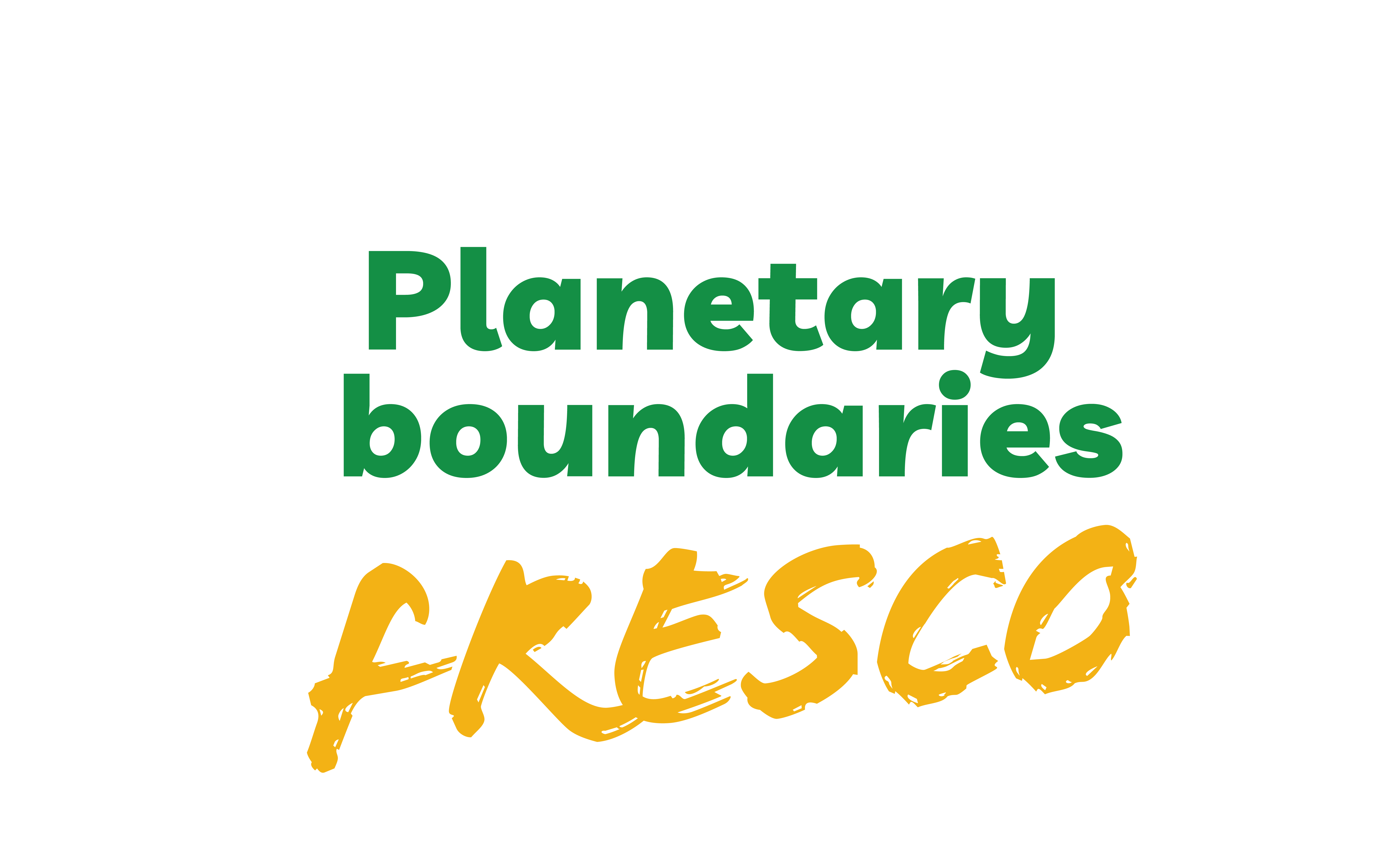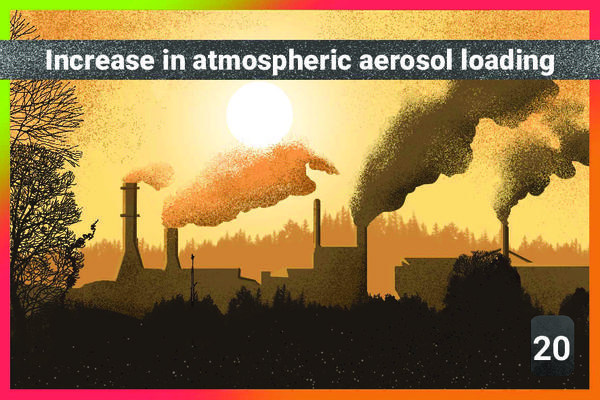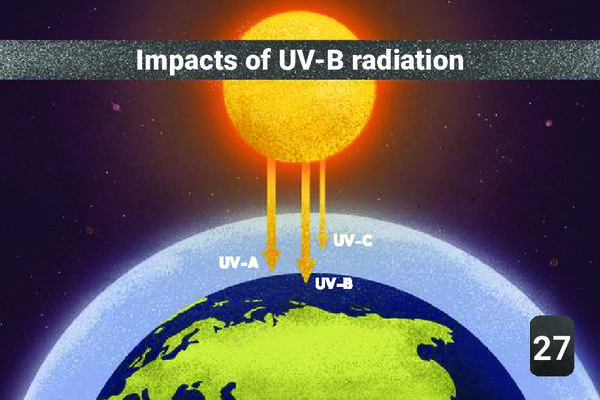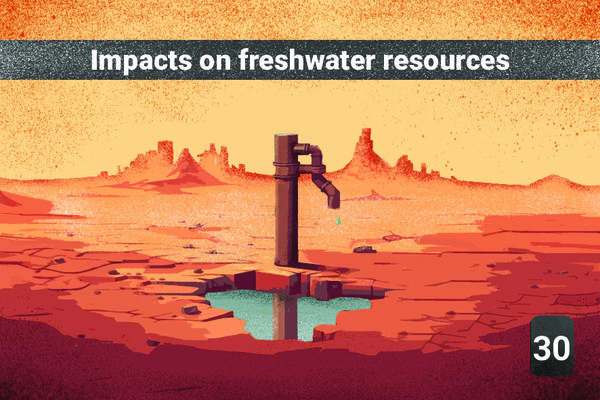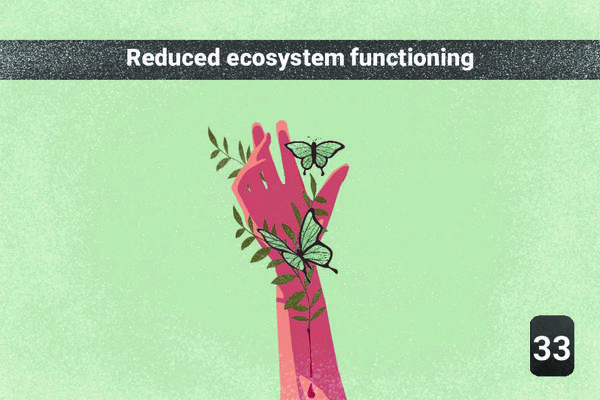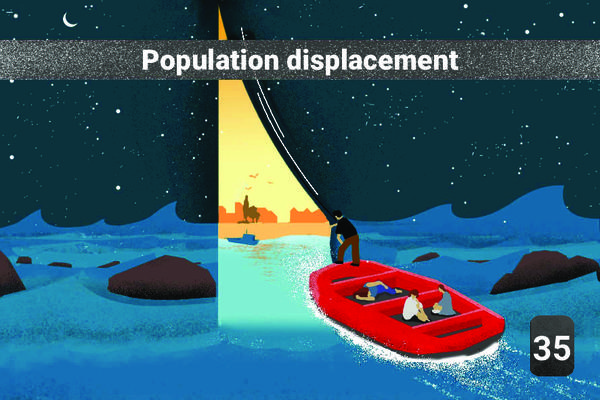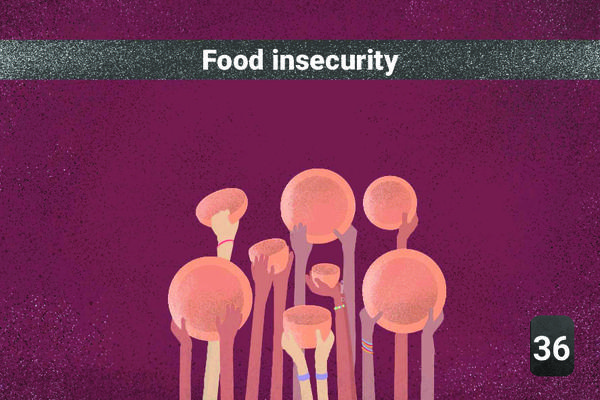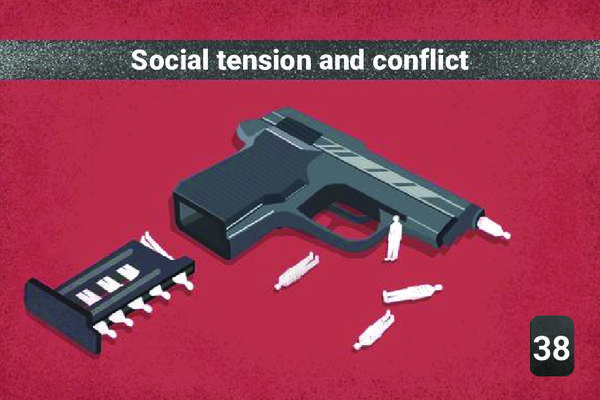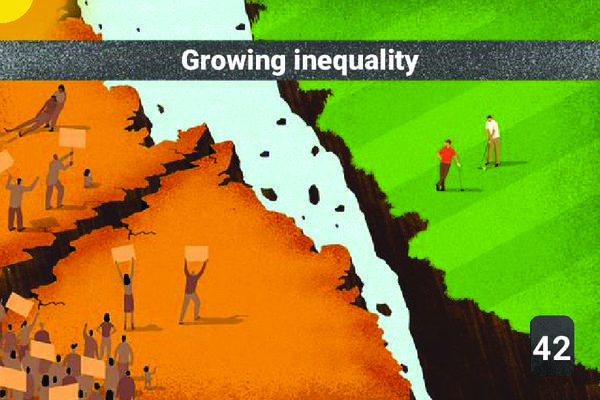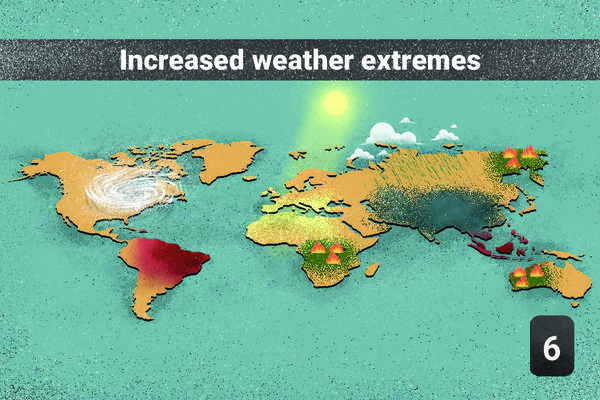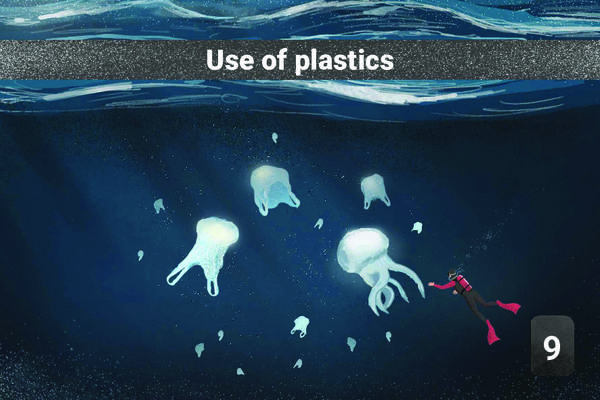37 - Human health
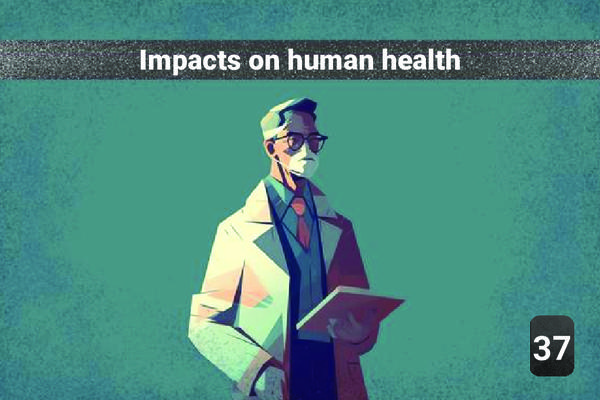
✏️ This explanation does not yet exist in your language… Just click here or send an email to fdn.memo@marc-antoinea.fr and suggest your translation!
9Causes
Once in the environment as macro- or microplastic, plastic contaminates and accumulates in agricultural soils, terrestrial and aquatic food chains, and water supplies. Microplastics that enter the human body through direct exposure, either by ingestion or inhalation, can cause various health problems; inflammation, genotoxicity, oxidative stress, apoptosis, and necrosis. These mechanisms are linked to many health problems, including cancers, cardiovascular diseases, intestinal inflammation, diabetes, rheumatoid arthritis, chronic inflammation, autoimmune diseases, neurodegenerative diseases, and strokes https://www.ciel.org/wp-content/uploads/2019/03/Plastic-Health-French.pdf
“Fine particles (PM10, PM2.5, mainly from automobiles and wood heating) are found in large quantities in urban areas, so much so that most of the world's population is exposed to them. Fine particles enter our lungs. Air pollution is responsible for 50 to 60,000 premature deaths in France, and 4.5 to 8.8 million worldwide. 91% of the world's population lives in places where WHO air quality guidelines are not met (2016 study)."
Computer models predict that a 10% decrease in stratospheric ozone concentration could cause 300,000 more skin cancers, 4,500 melanomas and between 1.60 million and 1.75 million more cases of cataracts worldwide each year. . More UVB can also lead to a drop in immune defenses.
Insufficient access to fresh water has direct effects on human health.
Many medicines are extracted from living organisms. A reduction in this ecosystem service could have impacts on the treatment of certain diseases.
Not having enough to eat obviously impacts people's health.
Armed conflicts degrade infrastructure and reduce access to basic necessities (food, water, etc.)
Growing inequalities have consequences for health, as they create gaps in access to care, living conditions and the resources needed to stay healthy. Here are the main reasons: Unequal access to medical care: The wealthiest can afford doctors, private hospitals or expensive treatments, while the poor depend on public systems that are often underfunded or non-existent. For example, in countries like the USA, the lack of health insurance mainly affects low-income earners, increasing their risk of untreated illness. Poor living conditions: Inequalities relegate the less privileged to insalubrious housing (damp, pollution), dangerous neighborhoods or areas without drinking water. These environments favor respiratory, infectious or chronic diseases such as asthma or cholera, unlike the rich who live in healthier environments. Food insecurity: the poor have less access to a varied and nutritious diet, leading to malnutrition, obesity (due to cheap but unhealthy food) or deficiencies (e.g. lack of vitamins). The rich, on the other hand, maintain a better quality of life thanks to a balanced diet.
1Consequence
2Other possible causes
Following floods and cyclones, disaster areas can be exposed to health problems (access to drinking water, spread of diseases).
According to a study by the University of Newcastle, a human being could ingest around 5 grams of plastic each week, the equivalent of the quantity of microplastics contained in a credit card.
